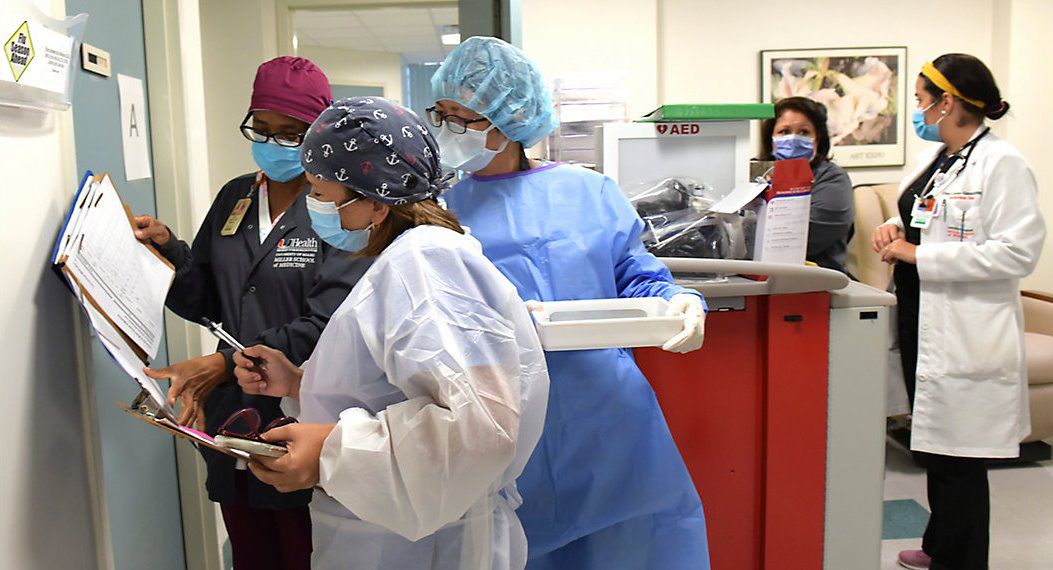New York City continues to gear up for a COVID-19 vaccine, which could arrive in less than a week.
The city has been conducting its own research and analysis of vaccine data, in addition to what’s being done at the federal level.
“We’re not just leaving it to Washington,” Mayor Bill de Blasio said at his daily press conference.
“We like what we see,” he added.
The city has been working through vaccination plans on a daily basis, which include delivery and storage efforts, as well as distribution.
The vaccine will require storage in ultra-cold freezers. The city currently has 44 hospitals equipped with these so far, according to the mayor.
It has also conducted a trial run of the entire ordering process.
City Health Commissioner Dave Chokshi said the city is seeing promising results in its review of the Pfizer vaccine, which was administered in its first non-trial patient Tuesday in the United Kingdom.
Chokshi said the vaccine does not affect or interact with a person’s DNA, but teaches the body how to build immunity against the novel coronavirus.
He said it is moderately effective after the first 10 to 14 days of vaccination, but that the second dose is critically important, as it is what is needed to achieve 95% effectiveness in fighting the virus.
The city reviewed documented side effects, saying they are mild to moderate and usually occur for one to two days after the second dose. Side effects include pain at the injection site, fatigue and headaches.
The Pfizer vaccine could arrive in the city as soon as Dec. 15 should the FDA approve it this week.
The city also saw similar promising results in the Moderna vaccine, which could arrive in NYC a week or two after Pfizer’s.
The city’s health department said it will keep New Yorkers informed on vaccine information via its website.
The mayor said New Yorkers should not to go to work if they feel ill, and reminded them of the city’s paid sick leave law passed in 2014.
“If you are sick you should not have to fear for your job,” said de Blasio.
Amid the pandemic, some amendments have been made to the law, such as making it immediately available to new employees rather than kicking in after a waiting period.
Starting Jan. 1, employers with 100 or more employees must provide up to 56 hours of paid leave. Employers with four or fewer employees and a net income of $1 million or more must provide up to 40 hours of paid leave. Employers with four or fewer employees not making that amount must provide up to 40 hours of unpaid sick leave.
Employers of domestic workers will have to provide up to 40 hours of paid leave.
In addition to personal illness, the leave can also be used to care for a sick family member or a child whose school has been closed.
The city’s latest COVID-19 positivity rate based on a seven-day rolling average is 4.81%.
The number of hospital admissions on a seven-day rolling average is 196 patients. Hospitalizations are at 2.34 people per 100,000.



